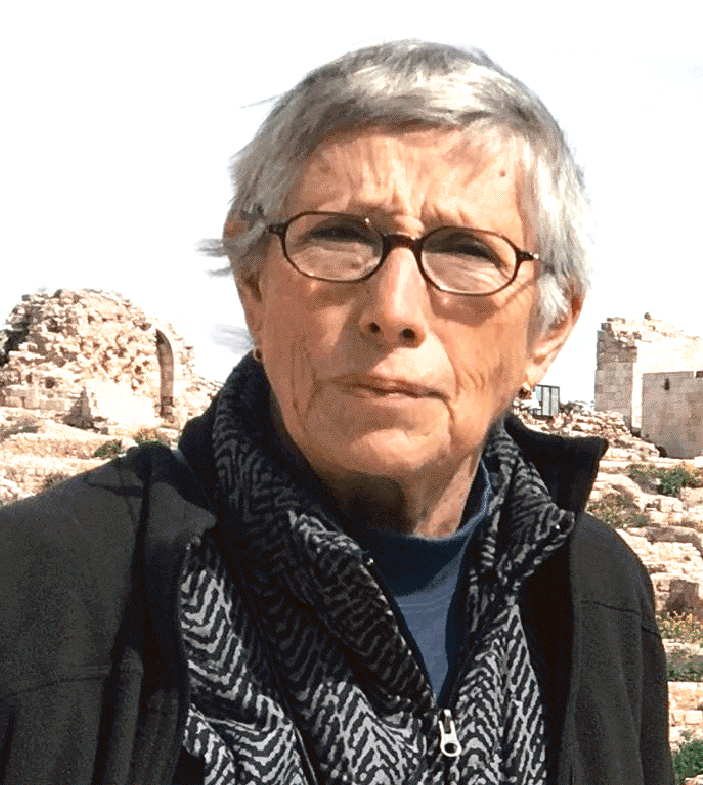Israel's abrogation on Sunday of its 1967 agreement with the United Nations Relief and Works Agency for Palestinian Refugees (UNRWA) has intensified calls for Israel's expulsion from the world body or, at least, its suspension from General Assembly participation. This action followed the October 28th ban by Israel's parliament on UNRWA’s operations in East Jerusalem, the West Bank and Gaza. The largest UN organisation, UNRWA is indispensable. The Agency provides food, shelter, education and health care for 2.5 million Palestinian refugees living under Israel's illegal occupation. No combination of UN and other agencies can fill this role.
There have been previous calls to sanction Israel by exclusion from the UN as Israel has proven not to be a "peace-loving state," a general condition for admission, by waging repeated wars on the Palestinians and neighbouring states. Israel has also not implemented specific conditions for membership by ignoring obligations on territory and the status of Jerusalem under resolution 181 of 1947 and repatriation of Palestinian refugees under resolution 194 of 1948.
Although the Assembly mandated a separate administration for Jerusalem, Israel conquered West Jerusalem during its 1948-1949 war and declared this sector of the city its "eternal capital." East Jerusalem, including the Old City, came under Jordanian rule until 1967 when Israel seized control, merged the area with West Jerusalem, and in 1970 declared all Jerusalem to be the unified, exclusive capital of Israel.
Israel expelled 750,000 Palestinians from the 78 per cent of Palestine conquered in 1948-1949, took over their urban properties, farms and orchards and bulldozed their towns and villages to prevent them from returning. Israel also refused compensation in line with resolution 194. Israel expelled another 250,000 when it occupied the remaining 22 per cent of Palestine in 1967.
The mandatory Security Council resolution 242 of November 1967 called for "withdrawal of Israel armed forces from territories occupied in the recent conflict." While the English version of this resolution did not specify how much territory, the equally authoritative French version did by specifying that Israel's army must withdraw from "des territoires [the territories] occupes lors de recent conflict." Israel did not evacuate one inch of East Jerusalem and the West bank. Israel withdrew from Gaza in 2005 but remained in remote occupation by controlling access from land, sea and air and is now bombing and invading Gaza.
Criticised and condemned by the UN and affiliated organisations more times than any other member state, Israel has always been shielded by the US from sanctions and punitive actions. On September 18th this year, the Assembly adopted a resolution that demands Israel bring "an end without delay its unlawful presence in the [1967] occupied Palestinian territory." The Assembly ordered Israel to return land, property and assets seized from Palestinians and Palestinian institutions and pay reparations for damage. The resolution was rooted in the advisory opinion of the International Court of Justice which declared Israel's occupation to be "unlawful" and that "all states are under an obligation not to recognise" the occupation. The Assembly resolution was adopted by 124 in favour, 14 against and 43 abstentions. The US and its acolytes voted against.
In response to Israel's vote to ban UNRWA operations UN rapporteur Francesca Albanese reported to a Un committee on Palestinian rights that the UN should "consider the suspension of Israel's credentials as a member of the UN until it ends violating international law and withdraws the 'clearly unlawful' occupation." Quoting the accepted definition of genocide, she argued, "Israel has pursued a pattern of conduct 'deliberately inflicting on the group [Palestinians] conditions of life calculated to bring about its physical destruction.'"
Despite sharp criticism from the US ambassador to the UN, Linda Thomas-Greenfield, Albanese insisted in applying the term "genocide" to Palestine. She said that Israel's current conduct has morphed into a policy of eliminating the Palestinians and argued that the international community is failing to protect them as was the case in the genocide of "the Jewish people in Europe [during World War II] and then the Bosnians in the former Yugoslavia and the Tutsi in Rwanda."
Writing in The Conversation Aidan Hehir, reader in International Relations at the University of Westminster, pointed out that Israel's expulsion from the UN is impossible due to the US veto in the Security Council. But he suggested the 1974 precedent applied by the Assembly to refuse "'to allow the delegation of South Africa to participate in its work.'” South Africa was banned for 20 years until apartheid was overthrown. Apartheid was declared a violation of the UN Charter and a crime against humanity by the General Assembly in 1966 and this measure was belatedly endorsed by the Security Council in 1984. As Israel has also imposed apartheid on Palestinians in the West Bank and East Jerusalem, this precedent could be applied to Israel next year when the Assembly convenes in its next session, Hehir wrote, if there is "sufficient political will."
